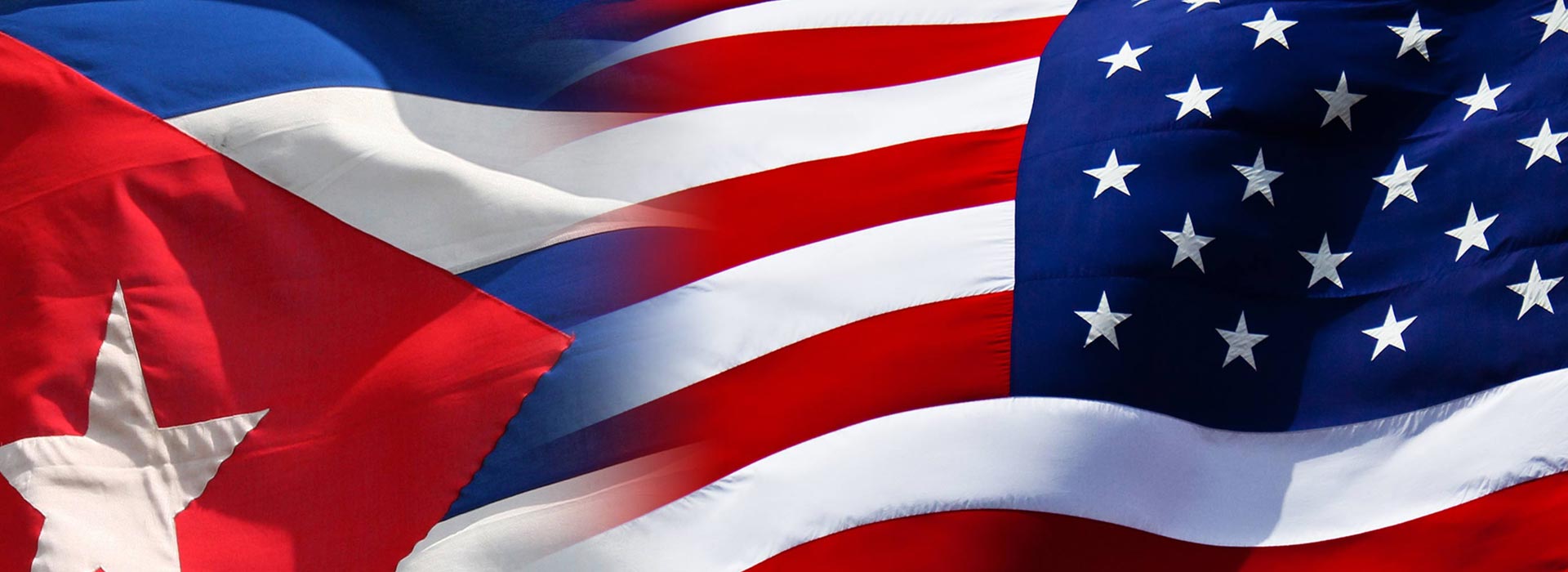31 Oct On Day of UN Vote on US Cuba Embargo: Cuba’s Top Scientist Calls for Global Meet on US Diplomats’ Health Symptoms
Oakland, CA, October 31, 2018—Dr. Luis Velázquez, President of the Cuban Academy of Sciences, says health complaints reported by Havana-posted US diplomats merit a global meeting of specialists to review, discuss and clarify their meaning. In an article released today in the MEDICC Review journal, he proposed such a forum include US, Cuban and international researchers to examine the evidence about symptoms reported by some two dozen Havana-based US diplomats, ranging from headaches to dizziness, insomnia, memory loss and tinnitus.
The US administration pointed to the diplomats’ health problems as reason to drastically reduce staff at both the US and Cuban embassies, triggering a travel warning for Cuba—the latter softened some months later. However, the US State Department has continued to claim that the health concerns were the result of an attack.
In the article, Dr. Velázquez rejects this notion outright: “On the basis of such a broad array of symptoms, without evidence of damage [MRIs were normal], and given the faulty methodology of the only US government-authorized publication on the subject, it is impossible to conclude scientifically that any of these patients were targeted by an outside entity or person, as has been suggested.”
The publication he refers to is a study of 21 diplomats by University of Pennsylvania researchers, which appeared in JAMA (Journal of the American Medical Association) earlier this year, whose design and conclusions were also criticized by Dr. Velázquez, a neurophysiologist. He noted that the study has been received skeptically by Cuban and international researchers, a view consistent with letters to JAMA´s editors, as well as later publications in the Journal of Neurology and Cortex. [See interview with Dr. Mitchell Valdés, Director of the Cuban Neuroscience Center in the same issue of MEDICC Review, who details his own critique of the JAMA article.]
Dr. Velázquez lamented that, “despite repeated requests to the US government,” Cuban specialists have not been allowed to access the clinical cases or to “establish personal contact with the US physicians who assessed the diplomats.” He said that a global meeting to address the diplomats’ health concerns would need to include the US scientists who “directly participated in assessing [them],” as well as others from the US, Cuba, Canada and elsewhere, to contribute their multispecialty, multinational expertise to “clarifying this problem.”
He suggested that the meeting be sponsored by the academies of sciences in the various countries represented, and convened “on the basis of open exchange and full access to relevant information…” As it is, he argues, “for want of a thorough scientific approach, the essential questions remain unanswered, and those reporting symptoms still have no real explanation for their experience.”
This is one more time Cubans have turned to the international community in the face of US hostility: today, for the 27th year, the UN General Assembly is expected to vote to reject the US economic, commercial and financial embargo on Cuba, which President Barack Obama’s administration had taken steps towards ending. A Cuban government report provides examples of how the embargo—called a “blockade” in Cuba—has caused $4 billion in additional damages, affecting doctors, hospitals and patients in Cuba during the first year of the Trump administration.



